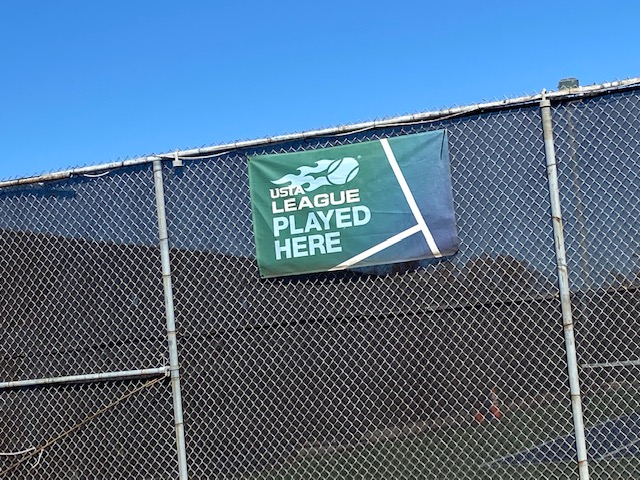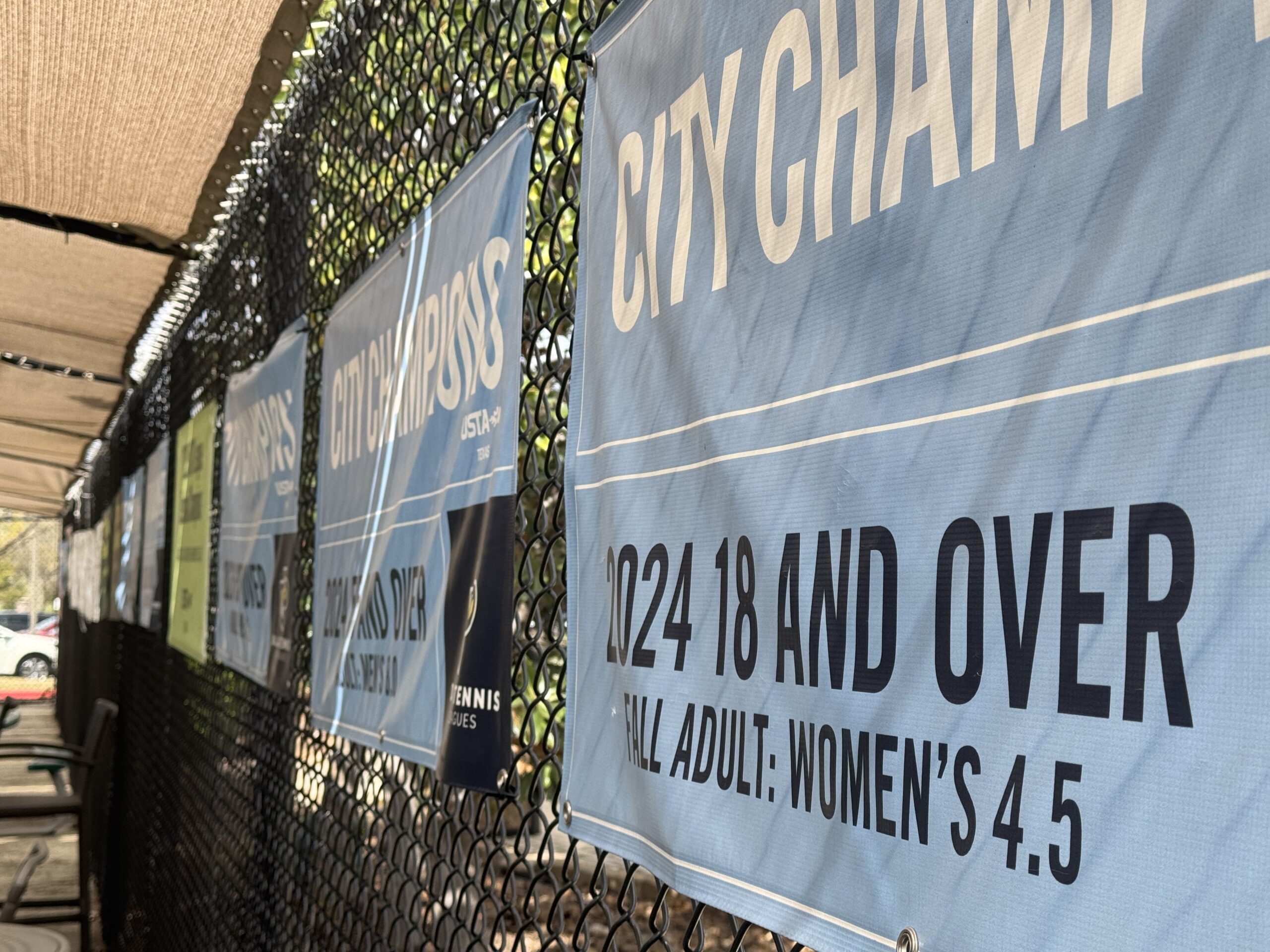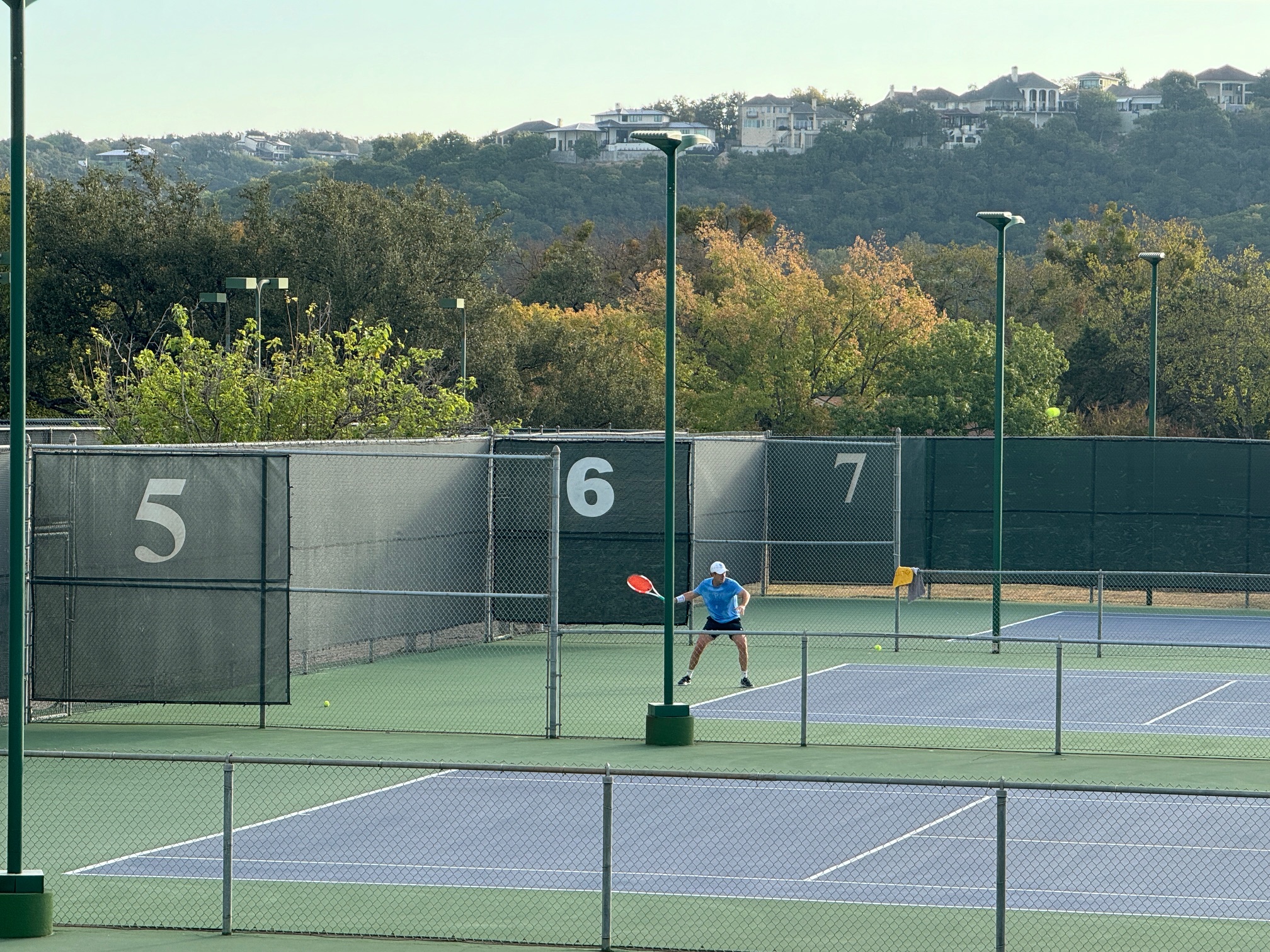Last week a highly regarded junior tennis coach responded to my post on twitter about asking for the referee. Brian Notis of the Austin Tennis Academy observed that at the grassroots level players will encounter roving officials who do not understand subtle aspects of the Rules of Tennis. All players should be aware that they have the right to call for the referee if they disagree with an umpires interpretation of tennis law.
The next ITF Case Decision in the “Role of Court Officials” appendix examines another scenario.
Case: A ball is called out, but a player claims that the ball was good. May the referee be called to court to make a decision?
USTA Friend at Court, ITF Rules of Tennis, Appendix VI, Case 2
Decision: No. The chair umpire makes the final decision on questions of fact (issues relating to what actually happened during a specific incident).
Once again, all players have the ability to ask for the tournament referee. With that knowledge comes the responsibility of understanding when exercising that right is (and is not) allowed.
While the wording of this ITF Case Decision is specific to a ruling made by a chair umpire, it is equally valid for a call made by a roving official. Whether or not a ball was in is a question of fact that can only be determined by direct observation. Calling a referee to a court for any question of fact is not allowed.
Similarly, when there is a dispute over a call between two players with no official present, a player may ask for an official to come to the court (for a while) to observe calls going forward. No official can overturn a call they did not witness.
As we take up the next few Case Decisions in the “Role of Court Officials” appendix next week, those cases highlight the fact that sometimes there is disagreement on matters of fact. I can’t think of a better illustration of that than these upcoming Case Decisions on overruled calls



